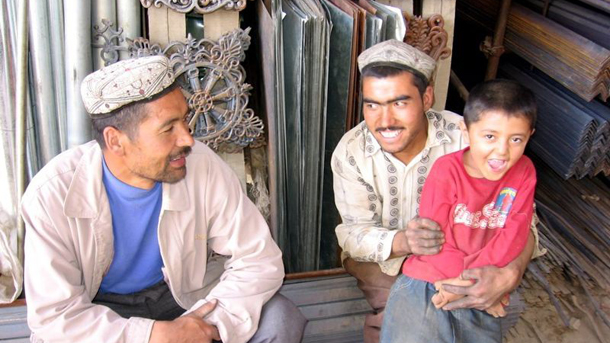KUALA LUMPUR, Malaysia — An international rights group on Monday criticized Malaysia for deporting six ethnic Uighur Chinese who were seeking asylum, saying it has put the men’s lives in danger.
New York-based Human Rights Watch said the forced return of the men to China on Dec. 31 was a grave violation of international laws.
Muslim minority Uighurs repatriated to China from elsewhere in the past have expressed fear of long jail terms or the death penalty.
Citing credible sources, Human Rights Watch said the six men were held earlier last year for allegedly attempting to leave Malaysia using false passports. It said the men registered with the UN refugee agency in Kuala Lumpur while in detention and were to have their claims reviewed when they were deported.
Malaysian police clandestinely transferred the men into the custody of Chinese authorities, who escorted them back to China on a chartered flight, it said.
The UN High Commissioner for Refugees said in a statement it had sought the men’s release into its custody while their claims were being assessed and regretted they were deported despite its intervention.
Representatives for Malaysia’s Home Ministry, which handles police and security issues, said they could not immediately comment.
This was the second group of Uighurs that Malaysia deported to China. In 2011, Malaysia detained 16 Uighurs and deported 11 of them. Another five registered with the UN agency and were released into its custody.
“While Malaysians were celebrating the New Year, their government was forcibly returning Uighur asylum seekers to a dangerously uncertain fate in China,” said Phil Robertson, deputy Asia director at Human Rights Watch. It said a Uighur forcibly returned to China by Malaysia in 2011 was sentenced to six years in prison on charges of separatism.
“The government has an obligation to explain how this happened, China’s role, and the steps being taken to ensure it doesn’t happen again,” he added.
China has said that some Uighurs—a Muslim minority from the restive western region of Xinjiang—are terrorists or criminals who pose a threat to the region’s safety, and insisted that Uighur refugees be extradited back.
Overseas Uighur activists and analysts say anger among Uighurs over government economic policies and restrictions on their culture, religion, and language has helped drive an upsurge in violence in Xinjiang in recent years.

















